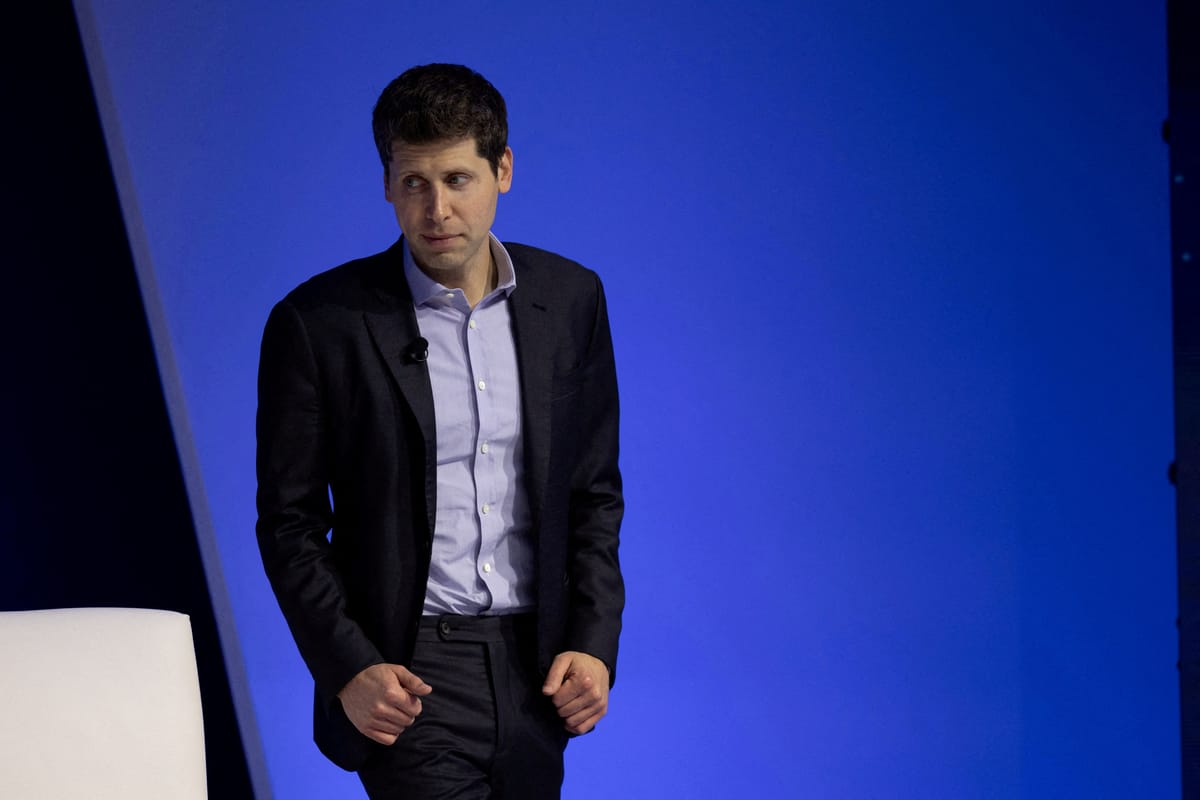Sam Altman joins three new directors on OpenAI's board
OpenAI is shaking up its leadership

A few minutes every morning is all you need.
Stay up to date on the world's Headlines and Human Stories. It's fun, it's factual, it's fluff-free.
The backstory: Sam Altman, known for being the CEO of OpenAI, has a diverse background. Before OpenAI, he co-founded Loopt and served as president at Y Combinator. He has been the CEO and face of OpenAI since 2019. OpenAI itself was created in December 2015 with a mission to ensure that artificial intelligence (AI) benefits humanity at large. Under Altman's leadership, OpenAI launched ChatGPT in 2022, an AI chatbot that blew up, hitting 100 million users in just two months. Big players like Google's Gemini and rising stars like Zhipu wanted to get in on the AI action. Microsoft started investing in OpenAI in 2019, which has reportedly grown to about US$13 billion since then.
Altman's time as CEO wasn't all smooth sailing, though. While testifying for the US Congress, he said the AI boom marks a really important time but candidly admitted he doesn't know everything about how it might affect regular people or the dangers it could bring. Then, in a surprising move last November, Altman got the boot from OpenAI, with the company citing issues with transparency in his communication style. But he bounced back just two weeks later as CEO again, although he didn't reclaim his seat on the board. This raised questions about OpenAI's decision-making process.
More recently: Earlier this month, Tesla's CEO Elon Musk filed a lawsuit against OpenAI and Sam Altman. Musk argues that OpenAI, initially established as a non-profit AI lab in 2015, has shifted its focus to prioritize profits, especially for its main backer, Microsoft. The lawsuit says that OpenAI is more focused on increasing Microsoft's profits than what's best for humanity, which he argues is a breach of contract. In response, OpenAI revealed old emails from Musk while he was still with the company, showing his support for its fundraising efforts and his consent to keep scientific discoveries under wraps.
The development: Now, OpenAI is shaking up its leadership. Altman is making a comeback now to the board alongside three new directors. This comes on the heels of an investigation into Altman's dismissal last year by the law firm WilmerHale. According to the investigation, Altman's firing wasn't due to financial woes or product safety concerns but rather a breakdown in trust between him and the previous board. WilmerHale's report concluded that the board's attempt to address internal issues ended up causing more turbulence than expected.
To tackle these challenges head-on, OpenAI has introduced new governance rules and reinforced its conflict-of-interest policies. The company also brought in new directors like Sue Desmond-Hellmann, Nicole Seligman and Fidji Simo. While OpenAI hasn't given much detail about these changes just yet, it's stressing its commitment to transparency and trustworthiness.
Key comments:
"Instead it was a consequence of a breakdown in the relationship and loss of trust between the prior Board and Mr. Altman," said OpenAI, referring to the law firm WilmerHale findings on the investigation about Sam Altman's dismissal last November.
"WilmerHale found that the prior Board believed at the time that its actions would mitigate internal management challenges and did not anticipate that its actions would destabilize the Company," said OpenAI in a blog post.
"We have unanimously concluded that Sam and Greg are the right leaders for OpenAI," said Bret Taylor, chair of OpenAI's board.




Comments ()